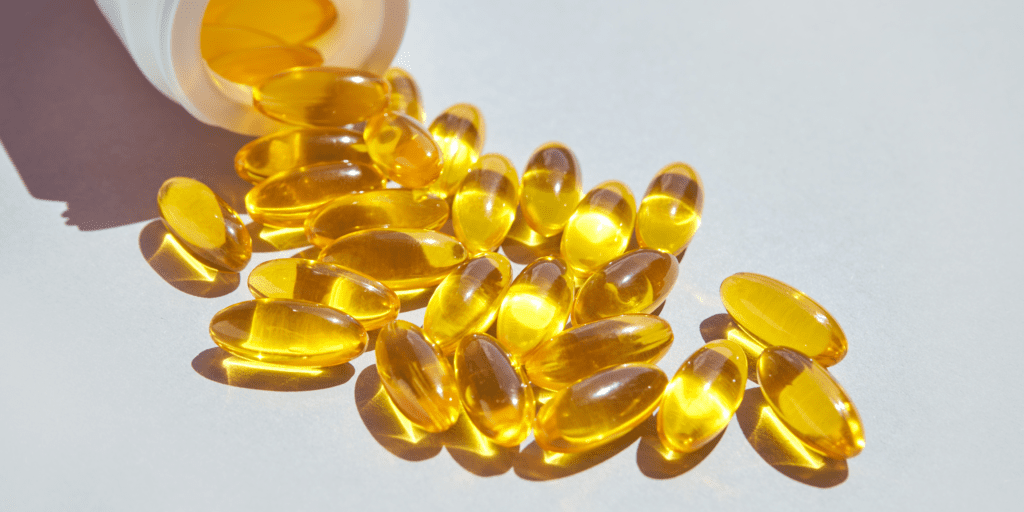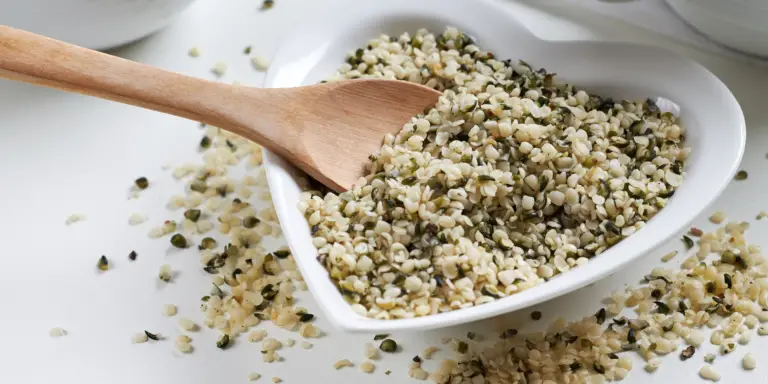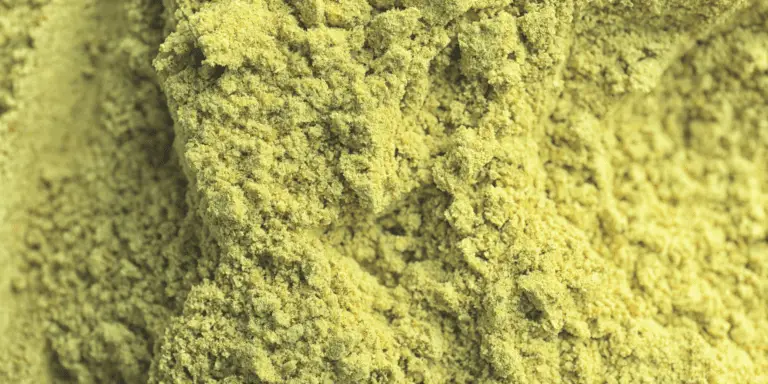
Welcome to the world of hemp seed oil, a natural elixir that’s gaining traction for its remarkable pain relief properties. If you’re tired of relying on over-the-counter medications and are looking for a natural alternative, you’re in the right place. In this article, we’ll explore what hemp seed oil is, its key differences from other oils, and why it might just be the pain relief solution you’ve been searching
- Natural Pain Relief: Effective for both localized and generalized pain.
- Nutrient-Rich: Packed with essential fatty acids beneficial for overall health.
- Versatile: Can be used topically or consumed orally.
What is Hemp Seed Oil?
Extraction Process
First things first, let’s talk about what hemp seed oil is and how it’s made. The oil is extracted from the seeds of the hemp plant through a method known as cold-pressing. This is similar to how olive oil is made. Cold-pressing ensures that the oil retains its natural nutrients, making it a powerhouse of health benefits.
| Method | Nutrient Retention | Complexity |
|---|---|---|
| Cold-pressing | High | Low |
| Heat | Low | Medium |
| Chemical | Variable | High |
Hemp vs. Cannabis: What’s the Difference?
Now, you might be wondering, “Isn’t hemp the same as cannabis?” Well, not quite. Although they belong to the same plant family, Cannabis sativa L, they are two distinct plants with different compositions. The most notable difference lies in the tetrahydrocannabinol (THC) content. THC is the psychoactive component that gives cannabis its “high.”
Key Differences Between Hemp and Cannabis
- THC Levels: Hemp has less than 0.3% THC, while cannabis can have up to 28%.
- Legal Status: Hemp is generally legal due to its low THC content, whereas the legality of cannabis varies by jurisdiction.
- Usage: Hemp is primarily used for industrial and medicinal purposes, while cannabis is often used recreationally and medicinally.
Why Hemp Seed Oil?
The health benefits of hemp seed oil are vast, thanks to its rich profile of polyunsaturated fatty acids like linoleic acid, alpha-linolenic acid, and gamma-linolenic acid. The ratio of omega-6 to omega-3 fatty acids is 3:1, which experts agree is ideal for human health.
Health Benefits of Hemp Seed Oil
- Pain Relief: Anti-inflammatory properties make it excellent for relieving pain and helping to manage it.
- Skin Health: Hemp oil may be effective for conditions like eczema and acne.
- Heart Health: Lowers bad cholesterol levels.
The Science Behind Hemp Oil

Fatty Acid Composition
When it comes to the science behind hemp seed oil, it’s all about the fatty acids. This natural oil contains three essential polyunsaturated fatty acids: linoleic acid (LA), alpha-linolenic acid (ALA), and gamma-linolenic acid (GLA). These fatty acids are the building blocks of healthy cells and are crucial for various bodily functions.
| Fatty Acid | Benefits | Percentage in Hemp Seed Oil |
|---|---|---|
| Linoleic Acid (LA) | Skin health, anti-inflammatory | 55-59% |
| Alpha-Linolenic Acid (ALA) | Heart health, brain function | 17-20% |
| Gamma-Linolenic Acid (GLA) | Hormonal balance, skin health | 1-4% |
Why Are These Fatty Acids Beneficial?
The ratio of omega-6 (linoleic acid) to omega-3 (alpha-linolenic acid) fatty acids found in hemp seed oil is approximately 3:1, which is considered the golden ratio for human health. This balance supports a wide range of health benefits, from reducing inflammation to improving heart health.
Benefits of Balanced Fatty Acids
- Reduced Inflammation: Hemp oil benefits conditions like arthritis and IBS.
- Improved Mental Health: Supports brain function and mental well-being.
- Enhanced Skin Health: Effective against various skin conditions like eczema and psoriasis.
A recent study has shown that hemp oil, when combined with other natural ingredients like calamari oil and broccoli, can significantly reduce chronic pain and oxidative stress. This adds a layer of scientific credibility to the pain-relieving properties of hemp seed oil.
Hemp Seed Oil vs CBD Oil
What is CBD Oil?
Before diving into the differences, let’s clarify what CBD oil is. CBD, or cannabidiol, is one of the many cannabinoids found in the cannabis plant. Unlike THC, CBD is non-psychoactive, meaning it won’t get you “high.”
Key Differences
While both hemp seed oil and CBD oil come from the cannabis family, they are extracted from different parts of the plant and have different chemical compositions.
| Aspect | Hemp Seed Oil | CBD Oil |
|---|---|---|
| Source | Seeds of the hemp plant | Stalks, leaves, and flowers of the cannabis plant |
| THC Content | Less than 0.3% | Varies, can be up to 0.3% |
| Primary Benefits | Nutritional, skin health, anti-inflammatory | Pain relief, anxiety reduction, anti-seizure |
Which One is Right for You?
Choosing between hemp seed oil and CBD oil depends on your specific needs. If you’re looking for nutritional benefits and skin health, hemp seed oil is your go-to. For more targeted issues like pain relief or anxiety, CBD oil may be more effective.
How to Choose Between Hemp Seed Oil and CBD Oil
- Nutritional Needs: Opt for hemp seed oil.
- Pain Management: Both can be effective, but CBD oil is often preferred for severe pain.
- Legal Considerations: Hemp seed oil is generally legal everywhere, while CBD oil legality varies.
Hemp Oil for Pain Relief
Anti-Inflammatory Properties
One of the standout features of hemp seed oil is its anti-inflammatory properties. This makes it an excellent choice for natural pain reliever, especially for conditions like joint pain, arthritis, and muscle soreness.
| Compound | Effect | Application |
|---|---|---|
| Gamma-Linolenic Acid (GLA) | Reduces inflammation | Oral consumption or topical application |
| Alpha-Linolenic Acid (ALA) | Reduces inflammation | Oral consumption |
How to Use Hemp Seed Oil for Pain Relief
Whether you’re new to hemp seed oil or a seasoned user, there are various ways to incorporate it into your pain management routine.
Ways to Use Hemp Seed Oil for Pain Relief
- Topical Application: Apply the oil directly to the affected area.
- Oral Consumption: Mix it in smoothies or take it as a supplement.
- Carrier Oil: Use it as a carrier oil for essential oil blends designed for pain relief.
How to Use Hemp Oil for Pain Relief

Topical Application
One of the most straightforward ways to use hemp seed oil for pain relief is through topical application. Simply apply a few drops of the oil to the affected area and massage gently. This method is particularly effective for localized pain like muscle soreness or arthritis.
Steps for Topical Application
- Clean the Area: Make sure the skin is clean and dry.
- Apply the Oil: Use a dropper to apply 3-5 drops.
- Massage: Gently massage the oil into the skin.
- Let it Absorb: Wait for 20-30 minutes for maximum absorption.
Oral Consumption
If you’re dealing with more generalized pain, oral consumption is another effective method. You can add hemp seed oil to smoothies and salads, consume it straight from the spoon, or opt for hemp seed oil supplements.
| Pain Level | Recommended Dosage |
|---|---|
| Mild | 1 tablespoon per day |
| Moderate | 2 tablespoons per day |
| Severe | Consult a healthcare provider |
Note: Hemp seed oil supplements are available in capsule form and can be a convenient option for those who prefer not to consume the oil directly.
Other Health Benefits of Hemp Seed Oil
🌿 Related Read: For a complete guide on the myriad health benefits of hemp seed oil, don’t miss our post on the 11 Health Benefits of Hemp Seed Oil: The Ultimate Guide
Skin Conditions
One of the most celebrated health benefits of hemp oil is its efficacy in treating various skin conditions. Whether you’re dealing with eczema, psoriasis, or even everyday acne, hemp seed oil can be a game-changer.
Skin Conditions Treated by Hemp Seed Oil
- Eczema: Reduces itchiness and dryness.
- Psoriasis: Helps in cell regeneration.
- Acne: Controls sebum production.
😊 Related Read: For a deeper dive into hemp seed oil’s benefits for the skin, which include anti-inflammatory effects, check out Hemp Seed Oil Benefits for Skin
Lowering Blood Pressure
If you’re struggling with hypertension, hemp seed oil might be your new best friend. The omega-3 fatty acids in the oil can help lower blood pressure, making it a natural alternative to traditional medications.
| Effect | Mechanism | Recommended Usage |
|---|---|---|
| Lowering systolic pressure | Dilates blood vessels | 1-2 tablespoons daily |
| Lowering diastolic pressure | Reduces arterial stiffness | Apply topically or consume |
Promoting Heart Health
Beyond blood pressure, hemp seed oil is also a heart-healthy option. It’s rich in linoleic acid, which has been shown to reduce bad cholesterol levels, thereby reducing the risk of heart disease.
Heart Health Benefits of Hemp Seed Oil
- Cholesterol Control: Lowers LDL (“bad” cholesterol).
- Artery Health: Reduces arterial plaque.
- Anti-Inflammatory: Helps in reducing heart inflammation.
💚 Related Read: For a deeper dive into hemp seed oil’s benefits for heart health, check out Unlock the Secrets: Hemp Oil for Heart Health
Risks and Precautions
Potential Risks
While hemp seed oil is generally safe, it’s essential to be aware of potential risks. For instance, the oil may lower blood pressure significantly if taken in large doses.
- Low Blood Pressure: Especially when taken in high doses.
- Allergic Reactions: Rare but possible.
- Drug Interactions: May interact with blood thinners.
Consult Your Doctor
Before incorporating hemp seed oil into your pain management routine, it’s crucial to consult your healthcare provider, especially if you’re dealing with chronic pain or are on other medications.
Conclusion
In summary, hemp seed oil is a versatile and natural remedy with a range of health benefits, from skin conditions to heart health and, most notably, pain relief. Its anti-inflammatory properties make it an excellent choice for both topical application and oral consumption.
So why wait? Dive into the world of natural remedies and give hemp seed oil a try for your pain relief needs. Remember, it’s always best to consult your healthcare provider for personalized advice. 🌿✨





